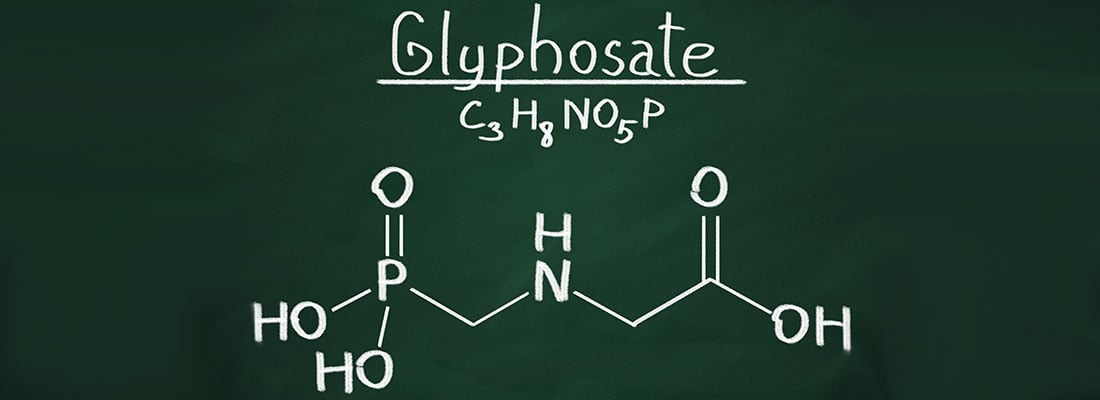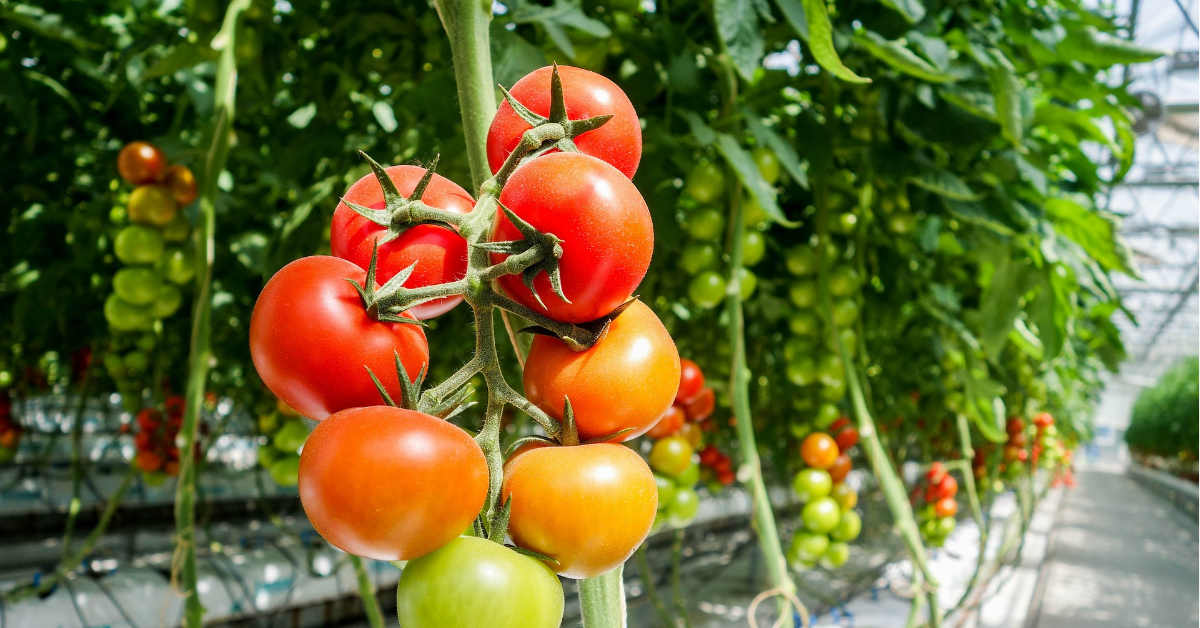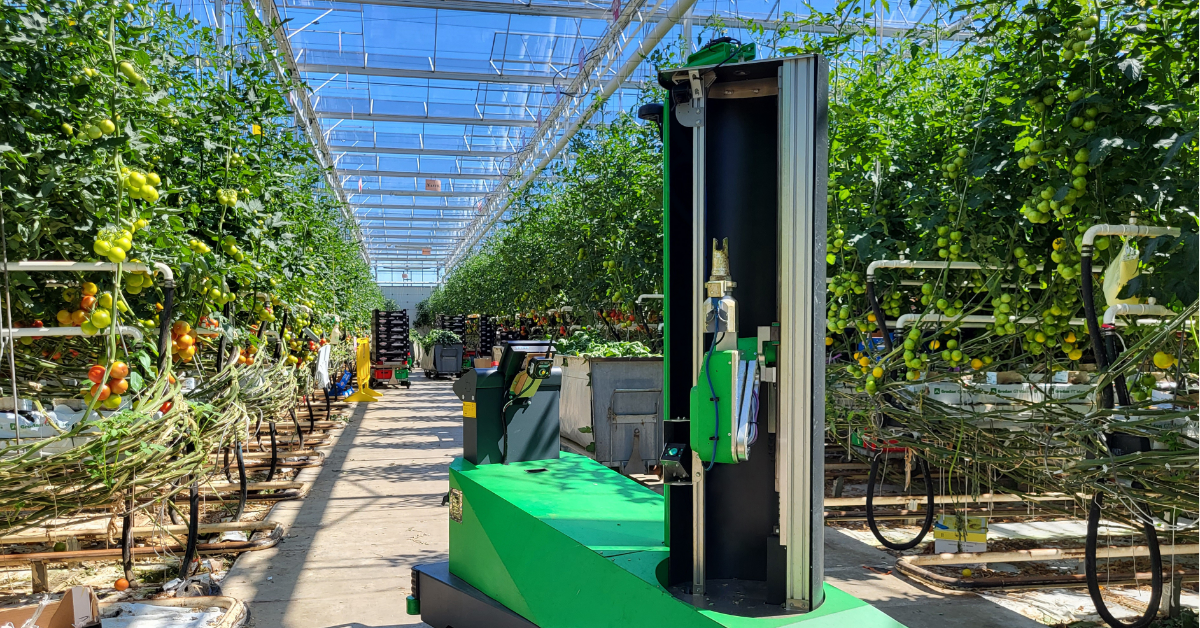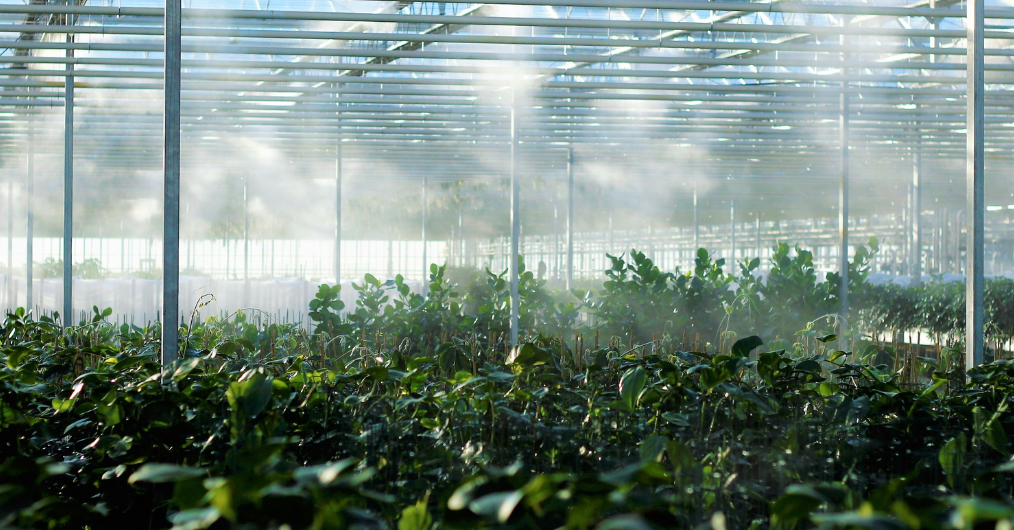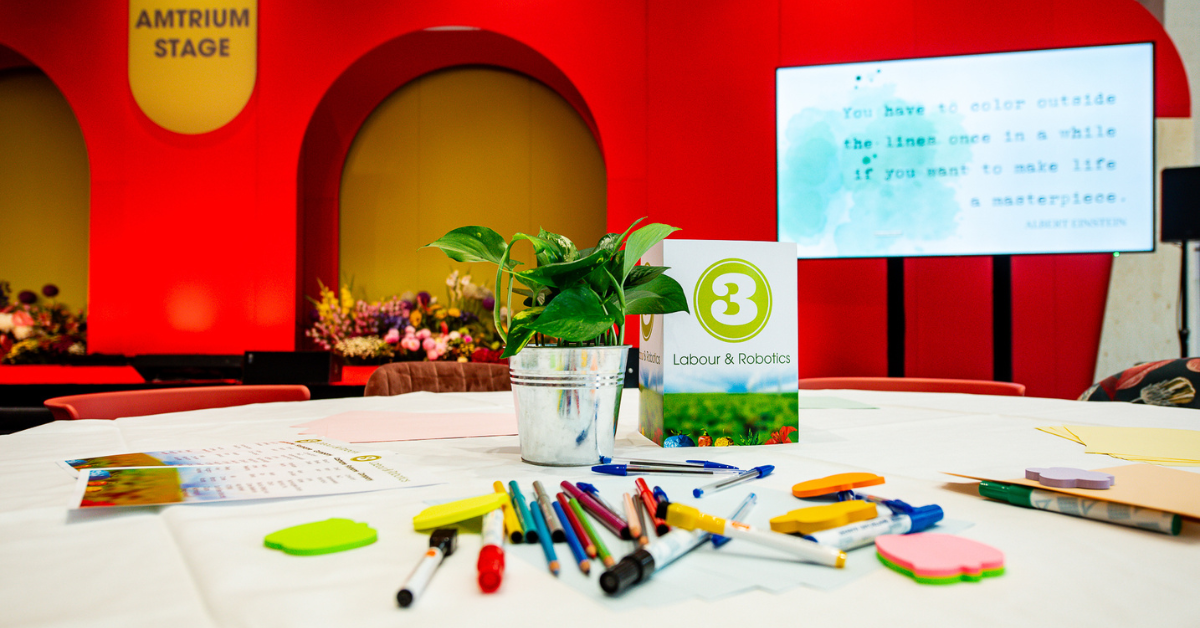Glyphosate debate coming to a close as the EU approves its use
It is the most widely used pesticide in the world, and the most controversial. Glyphosate, better known as the main ingredient of Monsanto's herbicide, Roundup. According to an American survey, it could be carcinogenic, according to two European studies its use is safe.
This week, the member states of the European Union will vote on a European Commission proposal to allow Glyphosate in Europe for the next 10 years. Initially, the decision had to be made by 2016, but because of its controversial uses the decision is still in debate.
1. What is at stake in Europe and why has it been so long?
Last year, European approval for glyphosate research passed and a new period needed to be agreed upon, however this period could not decide upon by EU member states. In June 2016, a compromise was reached: The research license was extended for eighteen months, until January 1st 2018, so that the European Chemicals Agency (ECHA) could conduct additional research on glyphosate.
The commission proposal has to be adopted with a so-called qualified majority: at least sixteen countries representing at least 65 percent of the EU population must vote before voting. That can be difficult as Italy, Austria and France have already voted against an extension of ten years. In addition, Germany has abstained from voting in the past: the CDU supported a broad extension, the SPD opposed. The House of Representatives recently voted in favour of the ten-year extension, but adopted a motion from the CU and D66, which stated that new, stressful scientific research should re-evaluate admission in Europe.
If member states do not vote in favour of the movement the commission, in theory, can make the decision for the EU but European Commissioner for Health and Food Safety Vytenis Andriukaitis has said that majority probably approve the motion anyway.
2. Why is the use of glyphosate so controversial?
Glyphosate was marketed by the Agro-chemistry company Monsanto in the 1970s. It is used by many farmers in the production of food and resources and therefore is found in food and drinking water. Last year, spores of glyphosate were found in a number of German beers and recently in Ben & Jerry's ice cream showing how easy it is for us to come into contact with the pesticide. For a long time environmental organisations have strongly opposed the use of pesticides that use glyphosate as it can be harmful to both humans and the environment.
In 2015 , a survey, published by the International Agency for Cancer Research (IARC), part of the World Health Organization WHO proved that pesticides with glyphosate are "likely to be carcinogenic to humans".
However, two institutions from Europe arrived at different conclusions when doing their own studies, which is why the European commission proposed the 10 year use. The study was different from that of the IARC: EFSA looked at risks when used according to the regulations, according to Nature, and IARC investigated whether glyphosate is carcinogenic irrespective of concentrations and conditions. The European Chemicals Agency (ECHA) investigated the health risks of glyphosate and concluded that the substance is non-carcinogenic to humans or the environment and, in addition, does not change hereditary properties or has an effect on fertility.
Various environmental and health organizations, such as Greenpeace, objected to the conclusions of ECHA. They find it problematic that the agency did not release the full study as it contained business secrets of pesticide producers. Many are questioning the integrity of the study as some ECHA employees are from the industry.
3. In the U.S. state of California, glyphosate was just listed on the agents that could cause cancer. Why?
Putting glyphosate on the list of agents that caused cancer is due to the OEHHA Environmental Environment and Health Agency on the basis of the IARC conclusions. Monsanto, naturally, fought the listing and lost. The decision means that pesticide makers with glyphosate need to warn that a certain amount of exposure can lead to cancer.
The conclusion of the IARC had another consequence in the US: over 800 cancer patients decided to complain to Monsanto. They think to have received cancer from Roundup, and find that Monsanto has failed to warn the product.
In August, Monsanto's internal e-mails were used in court, in which employees discussed the safety of Roundup. For example, a Monsanto scientist wrote in 2001: "If someone would come to me and say they would like to test Roundup, I know how I would respond - with serious concern."
4 Why do farmers use glyphosate?
Glyphosate is a herbicide that is lethal to all plants. That was an outcome: with Roundup, farmers no longer needed different pesticides to use. In Europe, glyphosate is used to make weeds freeze before crops are grown, but also before harvest. If the plant dies then the ripening of corn or corn is just a bit of a move.
According to farmers organization LTO, glyphosate saves the environment. "Because glyphosate makes the plot weed free prior to cultivation, less spraying needs to be carried out with other herbicides during crop cultivation," says spokesperson Joris Baecke, LTO spokesperson.
According to Violette Geissen, professor at the University of Wageningen, glyphosate is the cheapest way of weed control but there are additional methods available without the risks. This month, a survey led by Geissen revealed that glyphosate (or its degradation product) was found in almost half of the European agricultural land and, because of its impact on human health, nature and biodiversity, Geissen says that a new glyphosate authorization is "unwise".
As of last year, glyphosate use has been banned by Dutch municipalities, only individuals parties may use it.
Source: https://www.nrc.nl/nieuws/2017/10/23/dodelijk-voor-planten-maar-ook-voor-mensen-13640952-a1578332
Share your horticulture technology stories with us
Do you have an innovation, research results or an other interesting topic you would like to share with the international horticulture technology industry? The GreenTech website and social media channels are a great platform to showcase your stories!
Please contact our Brand Marketing Manager Murkje Koopmans.
Are you an GreenTech exhibitor?
Make sure you add your latest press releases to your Company Profile in the Exhibitor Portal for free exposure.
Have exclusive horticulture technology news delivered to your inbox
The GreenTech monthly newsletter brings you the latest exclusive horticulture technology news and updates about our global horticulture technology trade shows and events.
Join over 32,000 of your peers and receive:
☑ Exclusive commentary from industry leaders
☑ The latest news from the GreenTech team
☑ Stay up to date with all the latest news about our events

